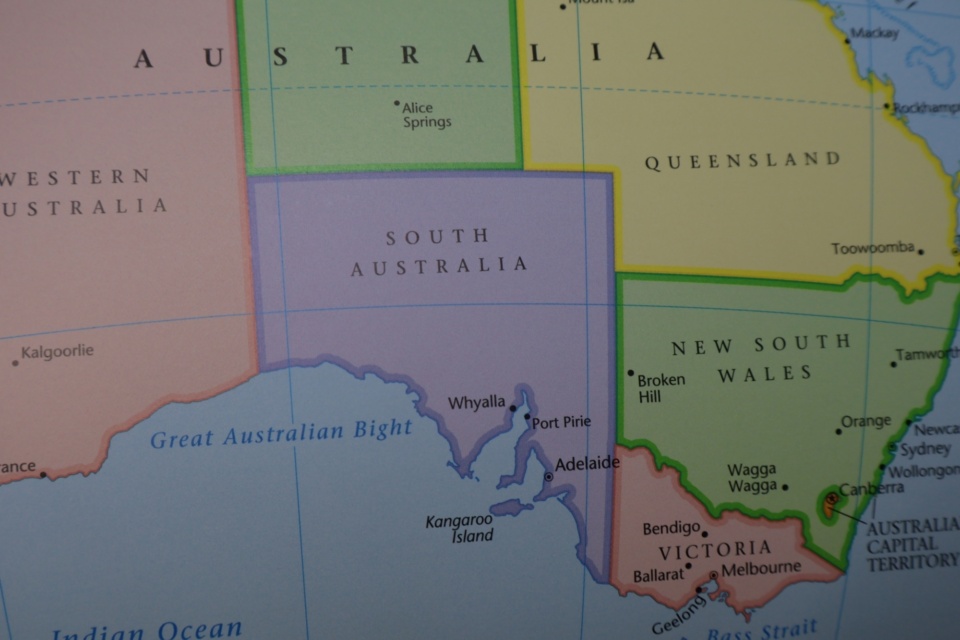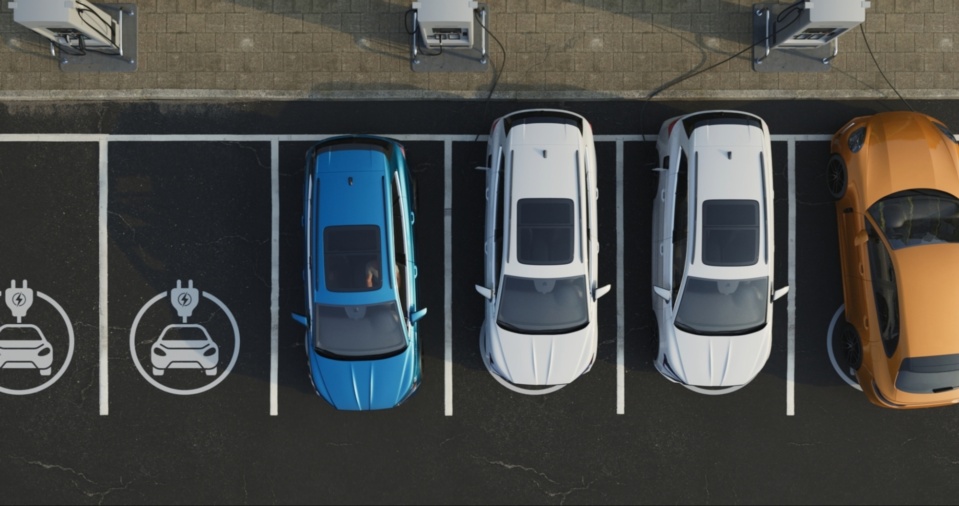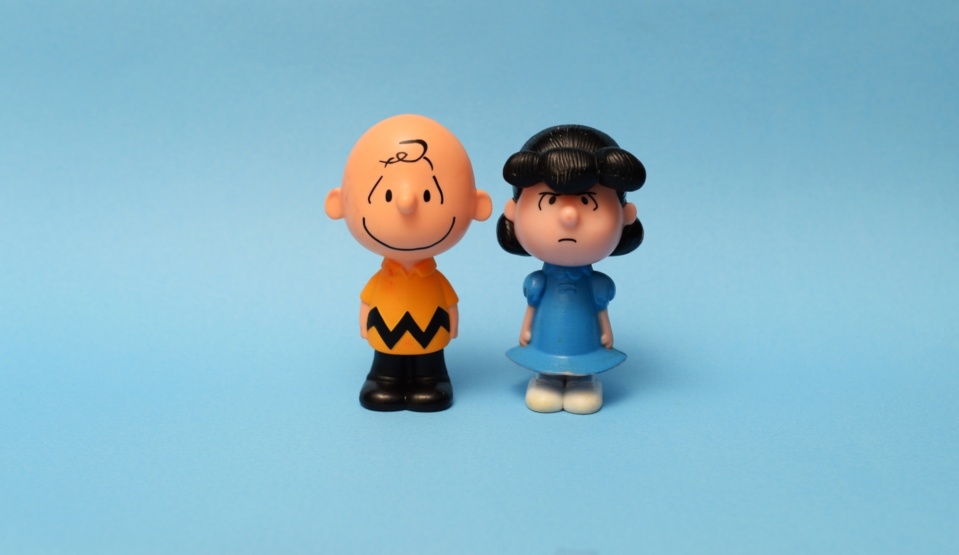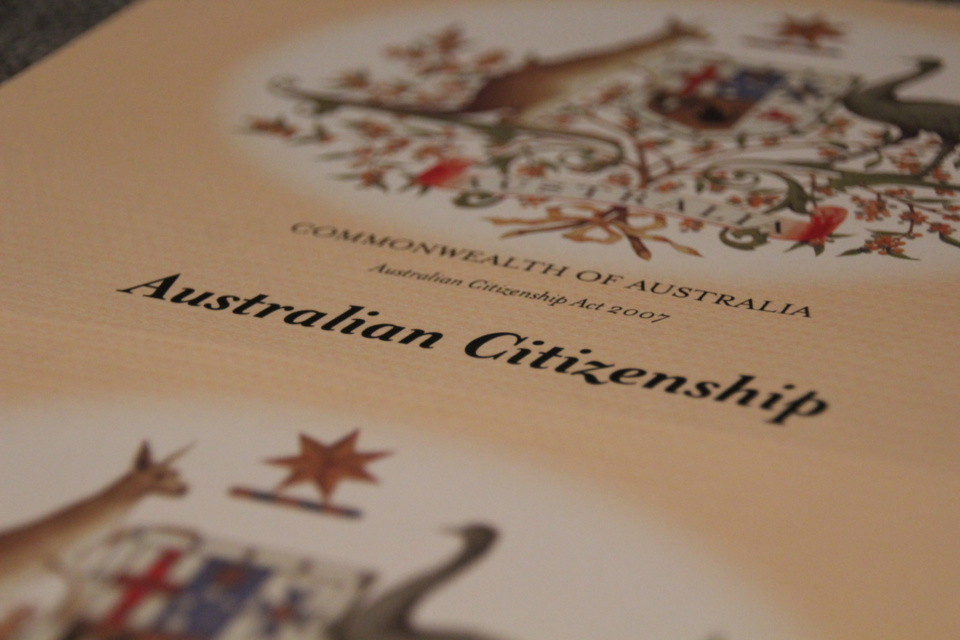
For community groups, federation is an eight-part headache
Posted on 03 Dec 2025
If you wanted an example of the problems inherent in federal systems, you couldn’t do better than…
Posted on 27 Nov 2023
By Denis Moriarty

There's no doubt many Australians are struggling financially. So why do the nation's poorest citizens remain seemingly invisible, asks Our Community group managing director Denis Moriarty.
We are, I’m told, in the throes of a cost-of-living crisis. Bullshit.
We are in a situation where people with an objectively reasonable amount of money would prefer to have more money. Call me a wild-eyed prophet raging in the wilderness, but I’m sure I remember several other moments in, say, the last half-century when this was also true.
The unemployment rate is as low as it’s ever been – and that’s absolutely the most important factor in determining the economic health of the population. The current inflation rate is in no way dangerous. Objectively, we’re just fine. Glancing briefly at the morning paper I see that Australians are
Some people are doing it tough – that’s undeniable. But – and this is the point that Australian media seem determined to obscure – the people who are doing it tough are the same people who were doing it tough last year and the year before and, if you’ll excuse this tiresome repetition, the year before that. That is to say: poor people. And it is not poor people whose plight is trembled in front of the cameras.
People on unemployment benefits are stretched to breaking point, and have been for decades, and nobody cares. First Nations people are appallingly disadvantaged, and we’ve just had a chance to see how many people cared about that. There are far, far too many children living in poverty in one of the two or three richest nations in the world. Or, to put it another way, dog bites man.
The nameless horror from beyond the stars that is threatening our very existence is an elevated mortgage rate. Higher interest rates penalise those who have $600,000 mortgages on houses that cost an average of nearly a million dollars. We are thus mainly talking about people who have, taking a wild stab, several hundred thousand dollars in equity and are thus, however hard done by they may feel, not poor.
I’m not saying that the needs of poor people should be our only policymaking concern (primarily, yes, but not exclusively). I’m just pointing out that accepting the special pleading of middle-class welfare makes it impossible to look clearly at the real issues.
"The world is soon to become inhospitable for human life. To prevent that, we’ll have to spend lots of government money. We can’t do that if we continue to pretend that we’re all individually teetering on the brink of penury."
The bushfire of moral panic sweeping suburbia about this illustrates perfectly why this discourse is not only misguided but actively pernicious. When people can’t afford their mortgages on million-dollar homes there plainly is a problem, but the problem is not that the mortgage is too high. They’re going to be paying extra, after all, for a house that on current projections is going to be worth more. That’s the problem. Housing prices are inflated.
If these people had borrowed money to invest in gold bars or bitcoin, there would conceivably be less sympathy for their plight. Homes are, of course, essentials, while gold and bitcoin are mere speculative bubbles, and our problem is that we’ve inextricably wrapped up the niceness of housing our children with an enormous choking distorting speculative bubble that has caught every government this century in the logical vice of wanting to make houses more affordable without lowering property values.
The poor don’t get much love. Householders feel strongly that their comparative prosperity is due to their own hard work and strong character, while their increasing costs are the fault of the government. Journalists are more sympathetic to homeowners than to Centrelink clients because, by definition, journalists aren’t unemployed. Politicians are aware that homeless people tend not to stay long in any particular electorate.

Yes, the Australian home financing system is almost indefensible, and is particularly hard on young families starting out. But Australia has an almost limitless supply of misguided policies that make the average person worse off, and if we were totting up everybody’s hardships on a single scale I don’t think this is where our reforms would start.
There’s an old saying that goes something like “If we all came together and piled up our troubles in a common heap, at the end of it we’d probably settle happily for carrying away the ones we brought in.” Can I get my Apple watch to do that calculation, do you think? Would that help?
The world is soon to become inhospitable for human life. To prevent that, we’ll have to spend lots of government money. We can’t do that if we continue to pretend that we’re all individually teetering on the brink of penury.
Denis Moriarty is group managing director of OurCommunity.com.au, a social enterprise that helps Australia's 600,000 not-for-profits.
We're proud to take a stand on progressive issues. Here's a taste of our commentary.

Posted on 03 Dec 2025
If you wanted an example of the problems inherent in federal systems, you couldn’t do better than…

Posted on 19 Nov 2025
When it comes to loyalty to car brands, it can be confusing who we should support, and, even more…

Posted on 05 Nov 2025
Before the Prime Minister gets too excited about his recent meeting with the American President, he…

Posted on 14 Oct 2025
The idea of "long term" is not something that sits well in the social media era, yet governments…

Posted on 30 Sep 2025
I am proud of what Our Community, and its exceptional team, have achieved in the past 25 years. As…

Posted on 16 Sep 2025
Happy Australian Citizenship Day! To mark the occasion, Our Community leader Denis Moriarty takes…

Posted on 02 Sep 2025
Words live, evolve, and sometimes die. Some words are invented from scratch, some are old words…

Posted on 26 Aug 2025
The cost of the National Disability Insurance Scheme (NDIS) is climbing relentlessly – $44 billion…

Posted on 04 Aug 2025
The new leader of the Liberal Party, Sussan Ley, wants to increase the proportion of women…

Posted on 08 Jul 2025
The United States wants Australia to spend more on its armed forces. That’s the way nations talk…

Posted on 26 May 2025
When it comes to citizenship, Australians want to have their cake and eat it too, writes group…

Posted on 19 May 2025
The lack of judicial partisanship in Australia compared to the United States is something to be…